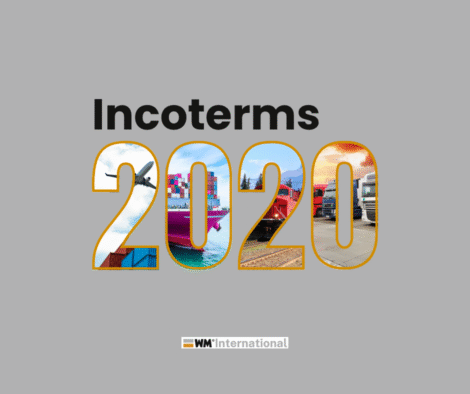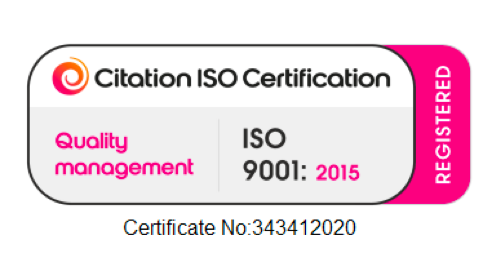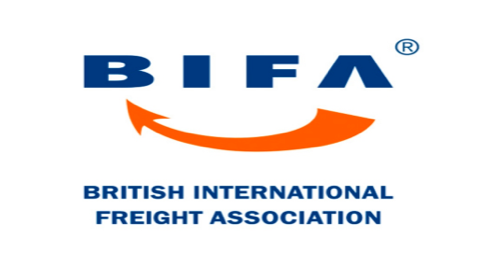If you are involved in international trade, you may have come across the term "Incoterms", but what exactly are Incoterms, and what is their importance? In this guide, we will delve into the complexities of Incoterms 2020 and, above all, provide you with the essential information you need to navigate these crucial international trade rules.
What are Incoterms?
Incoterms, short for International Commercial Terms, are a set of rules established by the International Chamber of Commerce that define the responsibilities of sellers and buyers in international trade transactions, in short. These rules establish who is responsible for various costs and risks associated with the transportation and delivery of goods.
Why are Incoterms important?
Incoterms are essential for ensuring clarity and consistency in international trade transactions. In short, by clearly outlining the responsibilities of each party, Incoterms help prevent misunderstandings and disputes that can arise during the shipping process.

What are the 11 Incoterms 2020 rules?
The Incoterms 2020 version includes 11 rules, each specifying different responsibilities for sellers and buyers. Further, these rules cover a wide range of delivery methods, from goods being delivered to the seller's premises to goods being delivered to the buyer's premises. The 11 Incoterms 2020 are;

1. EXW (Ex Works)
Under this term, the seller provides the goods at their premises, then the buyer covers all transportation costs.

2. FCA (Free Carrier)
The seller delivers the goods to a carrier designated by the buyer and is responsible for export clearance.

3. FAS (Free Alongside Ship)
The seller is responsible for delivering the goods alongside the vessel at the named port. (For sea and inland waterway transport only).

4. FOB (Free on Board)
The seller is responsible for delivering the goods on board the vessel at the named port. (For sea and inland waterway transport only).

5. CFR (Cost and Freight)
The seller is responsible for paying the costs and freight to deliver the goods to the named port. (For sea and inland waterway transport only).

6. CIF (Cost, Insurance, and Freight)
Similar to CFR, but the seller also pays for insurance coverage for the shipment. (For sea and inland waterway transport only).

7. CPT (Carriage Paid To)
The seller pays for transportation to the named destination, but the risk of loss or damage to the goods transfers to the buyer once they are handed over to the carrier.

8. CIP (Carriage and Insurance Paid To)
Similar to CPT, but the seller also pays for insurance coverage for the shipment.

9. DPU (Delivered Place Unloaded)
The seller is responsible for delivering the goods to a named place and additionally unloading them. However, once unloaded, responsibility is passed to the buyer.

10. DAP (Delivered at Place)
The seller delivers the goods to a specific place. This is where the ownership changes.

11. DDP (Delivered Duty Paid)
The seller is responsible for all costs and risks associated with delivering the goods to the named destination.

How to know which Incoterms to use?
To choose the right Incoterms rule for your international trade transaction, consider factors like the type of goods you’re shipping, your mode of transport, and the level of risk you’re willing to accept, for example. It is essential to carefully consider these factors and consult with your trading partners to ensure you select the most appropriate Incoterms rule for your specific situation.
What's the difference between Incoterms 2010 and 2020?
The primary difference between Incoterms 2010 and 2020 is the addition of a new rule, DPU (Delivered at Place Unloaded). Authorities introduced this rule to address the increasing use of mixed modes of transportation in international trade, for instance. Air, Sea, Road, and Rail. Additionally, Incoterms 2020 includes updated language and clarifications to improve understanding and compliance with the rules.
Are Incoterms legally binding?
While Incoterms are widely used and accepted in international trade, they aren't inherently legally binding. However, parties can explicitly incorporate Incoterms into their contracts, making them legally enforceable. It is essential to clearly outline the chosen Incoterms rules in your trade contracts to avoid misunderstandings and ensure compliance with international trade regulations.
In conclusion, understanding and correctly applying Incoterms rules are crucial for successfully navigating the complexities of international trade. By familiarising yourself with the 11 Incoterms rules from the 2020 version and following best practices for selecting and incorporating these rules into your contracts, you can streamline your shipping processes and mitigate risks in your international trade transactions. Clear communication and a solid understanding of your responsibilities as a buyer or seller will help to ensure smooth transactions and avoid costly mistakes. So, next time you are conducting business on a global scale, keep these terms in mind to navigate the complexities of international trade with confidence.
Stay tuned for future blogs, where the 11 Incoterms will be discussed in further detail, along with many other topics, updates, and FAQ’s surrounding the Freight Forwarding and Logistics industry.
Want to read more? Check out all our blogs so far..
In addition, share your thoughts with us via LinkedIn, and follow along with our updates over there too!
Wish to discuss more about Incoterms with us? Get in touch with us, we are here to help you move your business forward!
The WM team 🙂





